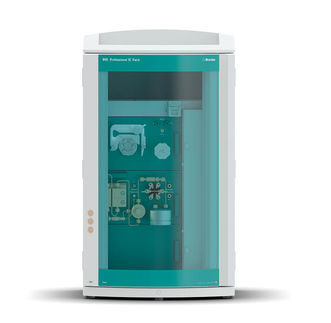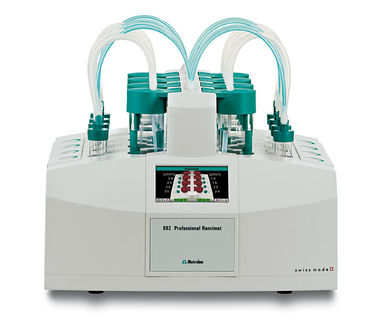To use all functions of this page, please activate cookies in your browser.
my.chemeurope.com
With an accout for my.chemeurope.com you can always see everything at a glance – and you can configure your own website and individual newsletter.
- My watch list
- My saved searches
- My saved topics
- My newsletter
Partial oxidationIn chemistry, a partial oxidation reaction occurs when a substoichiometric fuel-air mixture is partially combusted in a reformer, creating a hydrogen-rich syngas, which can then be put to further use, for example in a fuel cell. Product highlightA distinction is made between thermal partial oxidation (TPOX) and catalytic partial oxidation (CPOX). TPOX reactions, which are dependent on the air-fuel ratio, proceed at temperatures of 1200°C and above. In CPOX the use of a catalyst reduces the required temperature to around 800°C - 900°C. The choice of reforming technique depends on the sulfur content of the fuel being used. CPOX can be employed if the sulfur content is below 50 ppm. A higher sulfur content would poison the catalyst, so the TPOX procedure is used for such fuels. Source
Categories: Chemical reactions | Hydrogen production |
| This article is licensed under the GNU Free Documentation License. It uses material from the Wikipedia article "Partial_oxidation". A list of authors is available in Wikipedia. |







